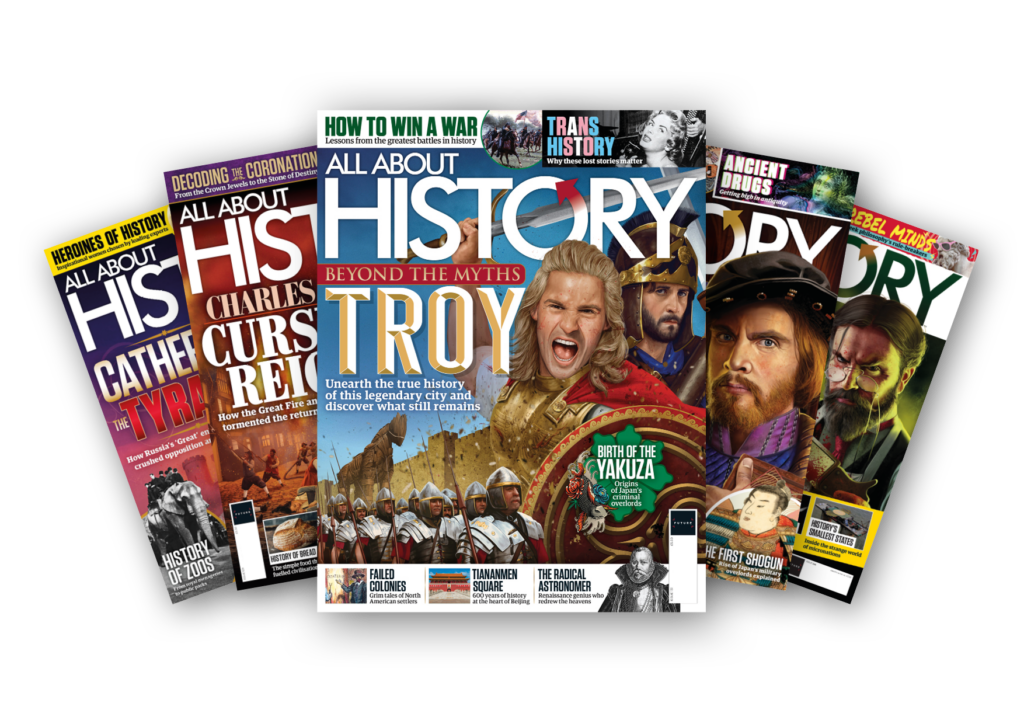To celebrate our 10th anniversary, our team chooses the historical figure whose story inspires them.
This month, All About History celebrates its 10th anniversary. For ten years we’ve been bringing you thrilling tales of kings and queens, ancient armies, world wars and so much more! To celebrate, the team at All About History have each chosen a historical hero whose story inspires them. For our latest Q&A with a member of the team, we hear from our Staff Writer, Emily Staniforth.

Please introduce yourself.
My name is Emily Staniforth and I am the Staff Writer on All About History magazine. I have been part of the team for 15 months now, beginning in March 2022. Before taking on this role I had been studying at university since 2017, firstly for an undergraduate degree in History and subsequently for a Masters degree in Journalism.
Can you tell us a little bit about your role on the magazine?
As the Staff Writer, I predominantly write content for the magazine on a monthly basis. This entails a lot of research and interviewing historians to ensure our features are not only entertaining but also factually sound. I also pitch ideas for future content, as well as helping to create to post to our website and social media pages.
Who is your historical hero?
My history hero (and not just because we share a name) is the writer Emily Brontë.
Why are they historically important?
Along with her sisters, Charlotte and Anne, Emily Brontë is one of the most important female writers of all time. She suffered so much tragedy in her life, including the deaths of her mother and two older sisters while she was still young. Her schooling was frequently interrupted, and she struggled to attend school away from her home so she didn’t have the best education growing up. Despite all of this and despite writing still being a male-dominated endeavour during her lifetime, she pursued the publication of her work even if she had to publish under a male pseudonym. Her one and only novel Wuthering Heights is a masterpiece in Gothic literature and has captured the hearts and imaginations of readers for centuries after her death. The fact that she is remembered on the basis of one piece of work is incredible in itself, but when you consider that Emily had a limited interaction with the world during her short lifetime, it is even more impressive that she continues to inspire people through her work. Her work was groundbreaking as a woman and as an author.
What is it about their life that inspires you?
As someone who has always been drawn to writing, Emily is a huge inspiration to me. Her natural talent for writing and the fact she wrote because she enjoyed it is something that I really admire. I have also always been drawn to Gothic literature and am in awe of people who can write in such a suspenseful and dramatic way, like Emily could. Emily’s emotional intelligence and wisdom inspires me too, especially given that she was supposedly a shy and reserved woman who had little interaction with the outside world. She did not shy away from controversial themes in her work and was brave in Victorian England to talk about topics like abuse, morality and religion. One of the main reasons I feel a connection with Emily though, is due her relationship with the natural world, particularly the landscape of rural Yorkshire which served as a huge inspiration to her. As a fellow Yorkshire girl, she made me look at my countryside surroundings in an entirely different way.
Subscribe to All About History now for amazing savings!

